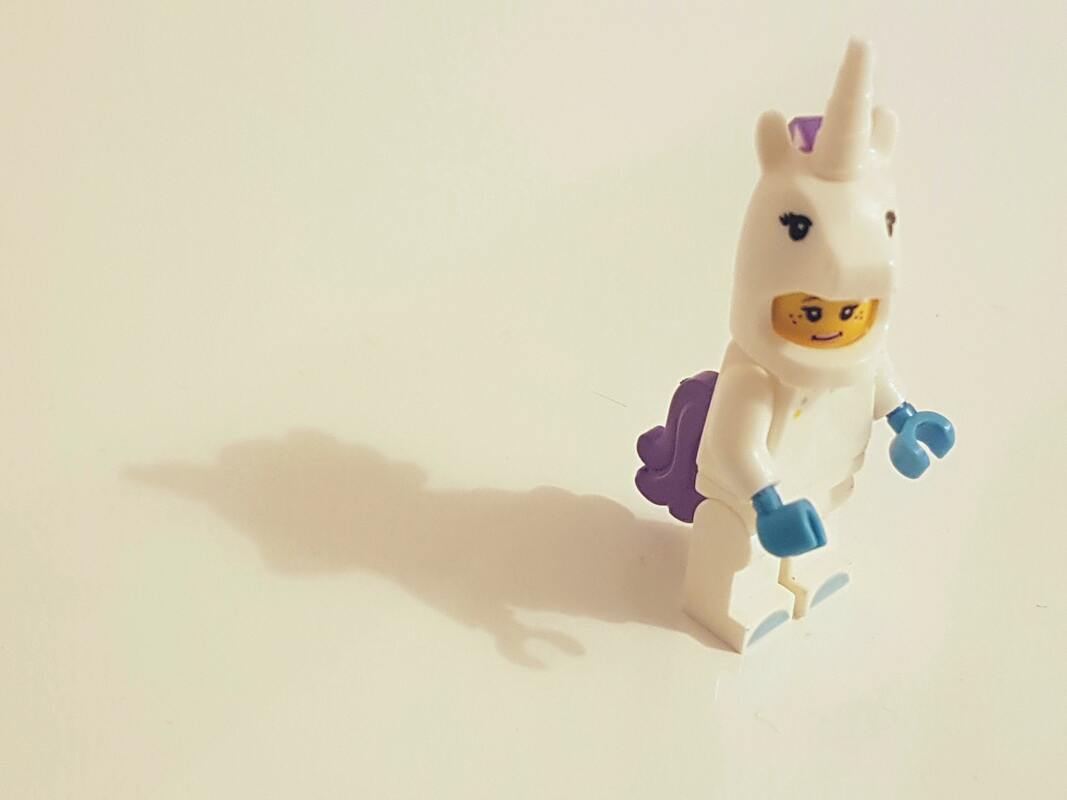|
“She’s just doing it for attention.”
How many times have you heard this as a clinician? Usually in the middle of a session with parents where they are expressing some frustration about a choice their child is making. Like the need for attention is something that is shameful or a dirty word. Yes, it’s fair that when a child is interrupting her mom’s phone call 2,387 times, only using "baby talk", or suddenly needing help with the simplest of tasks, it is pretty darn frustrating. And the need for attention can be an easy target for this frustration. But guess what? We all have the need for attention. It is healthy, normal, and natural human desire to want to have the attention and focus of others. To feel special, needed, wanted, and loved. Especially if that person is your guardian, caregiver, or parent! And actually, the need for love, belonging, and connection is one of our basic needs. Check out more about the 5 basic needs (and a free download to use with parents) HERE! So… what this means is that if a child isn’t getting their needs met in a helpful way (that is working for them and the world around them) they are going to attempt to meet the need in a way that miiiight not be so helpful. A way that is frustrating. A way that is like a flashing red warning light and siren that can’t be ignored. You can’t help but notice it and pay attention. What this all leads to is likely a pretty ineffective way to meet the child’s need. However, an angry parent paying attention to them is better than no parent paying attention. So, when talking with parents, if we can frame love, belonging and attention as a basic need that the child is attempting to meet (even with the ineffective behavior), we can cultivate compassion and empathy rather than frustration. In this moment the parent can then shift the way they think about the behavior - from something a child shouldn’t do (ie they shouldn’t need attention) to being curious about how to help the child more effectively meet their need. This shift can be paramount in your work with a family and can help parents go from seeing something as “attention seeking” to an unmet need with the child. And taking that one step further they can then begin to get curious and pair with the child to help figure out other ways to meet their needs. Maybe this looks like asking a parent to play a game with them, put together a lego set, or have some snuggle time instead of purposefully poking buttons or picking a fight with a sibling. It could also look like the child using their voice saying “I need some time with you” instead of whining, constantly interrupting a parent, or hanging on to their leg and not letting go. This can also look like a parent recognizing when a child is having unmet needs and is attempting to meet needs in unhelpful ways. When the parent notices this and is aware of the dynamics, parents can then provide the structure and suggestion. It can sound like “I wonder if you are wanting my attention?” and move into suggesting activities for connection. In a compassionate and loving way this gives a child permission to be seen, to feel special, and become connected. So, when a parent comes into my office and is understandable frustrated by their child’s behavior, and in an attempt to process what’s going on says “they’re just doing it for attention” I always meet them with the statement of “Yes, that makes total sense, and I can understand they want attention and want to connect with you. Did you know that love and belonging are one of our 5 basic needs? How can we help your child meet this need in a way that works better for you and them?” When we can validate that it makes sense that children (and adults) not only want attention but NEED attention, we can start to make monumental shifts in family dynamics! Now, what about you? How to you explain the need for attention in your work with parents? Looking for a deeper dive into Reality Play Therapy complete with tons of interventions and downloadable workbook? Check out this training HERE!
0 Comments
Leave a Reply. |
Hi, there!I'm Ann Meehan, an LPCC, Loading... Archives
July 2024
Categories
All
|
Privacy Policies | Terms of Use | Disclaimer
Contact
[email protected] | Copyright Meehan Mental Health Services 2022
Contact
[email protected] | Copyright Meehan Mental Health Services 2022





